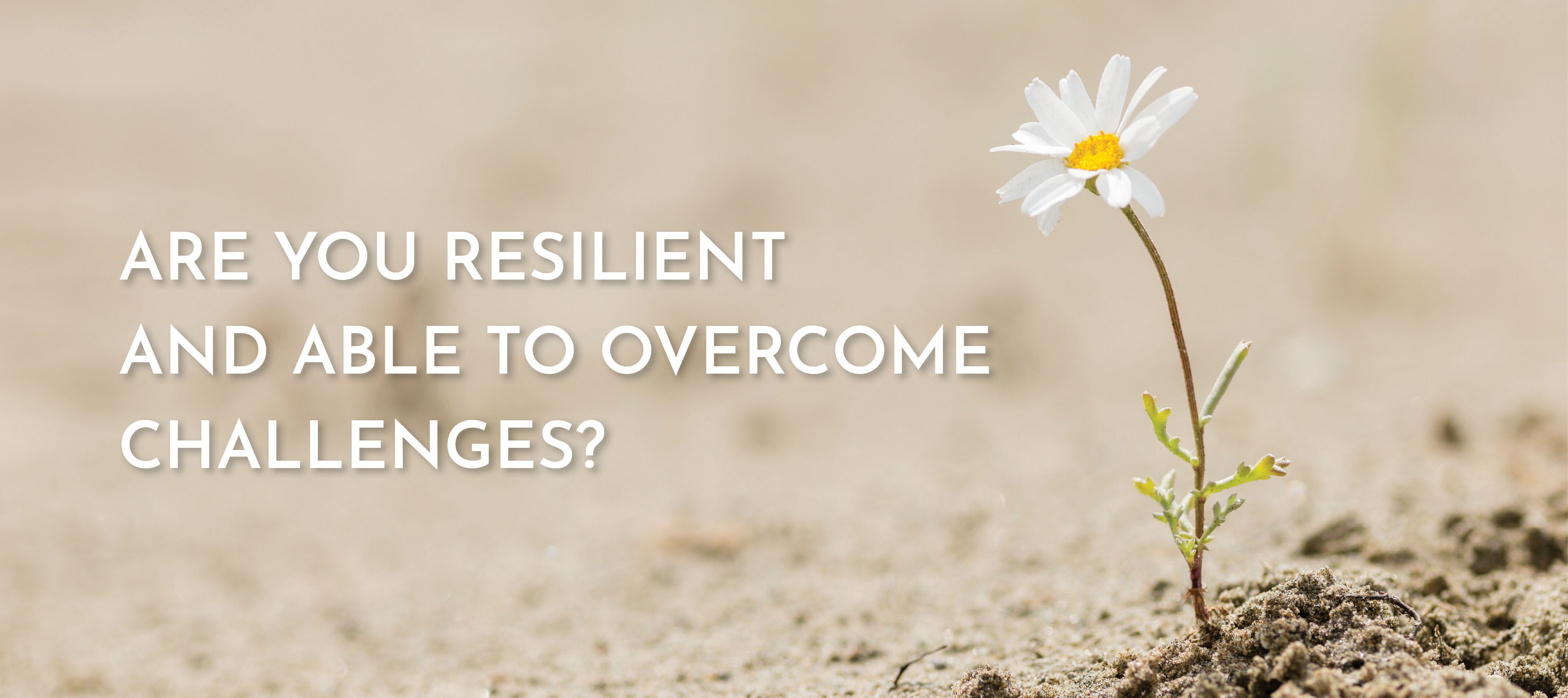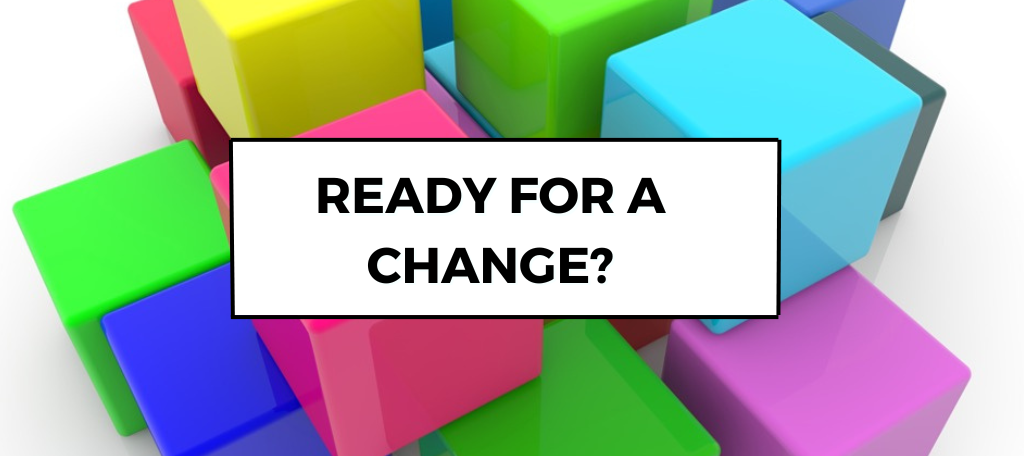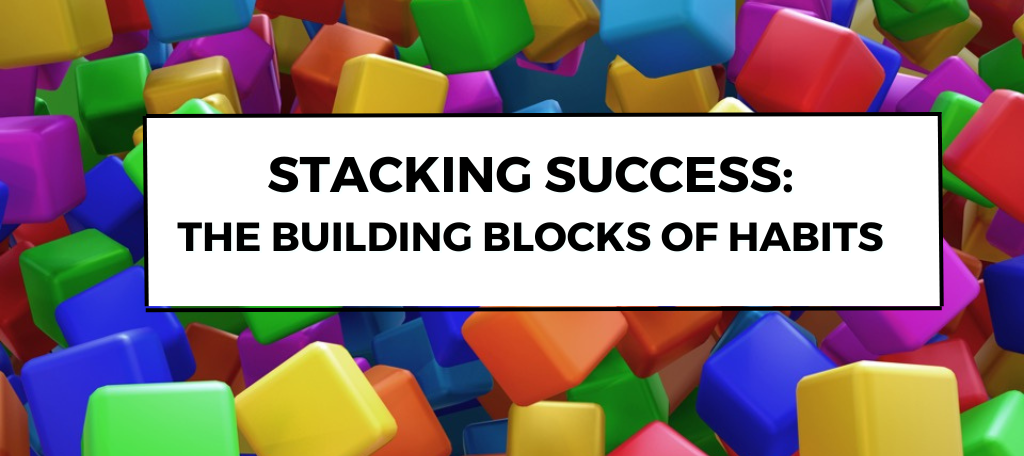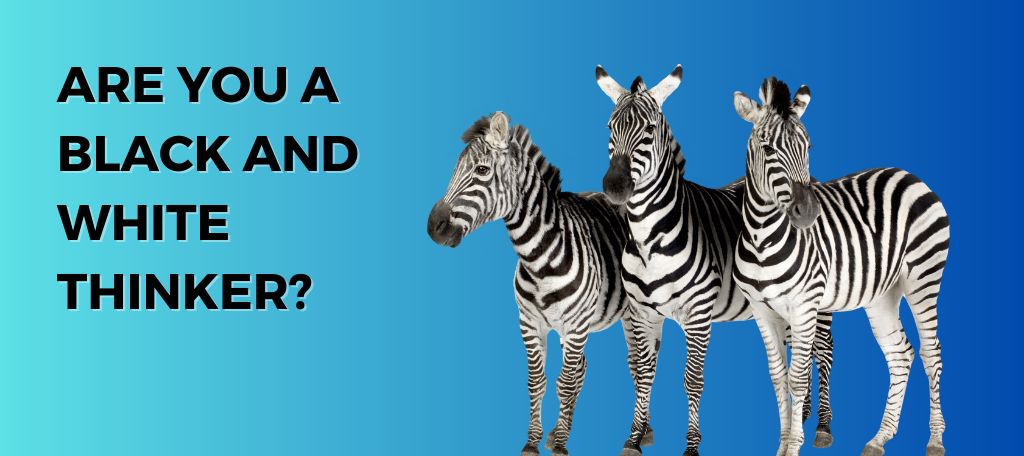I feel like I’ve been in a time warp the past few years. I know as you get older, time goes by more quickly, but seriously?!
I made the decision to return to school five years ago to answer a question that had been nagging me for years. Some people are able to overcome difficulties and stressful situations while others are not, even siblings in the same family. It seems that some people have resiliency and others don’t –WHY? They could have both experienced the same traumatic events, have similar genes and similar experiences, yet one seems to struggle and the other seems to get past it. So why? That was the question I wanted to answer.
Why Are Some People Overcomers and Others Not?
This question had actually been on my mind since I was a kid. My brother and I were incredibly different. I worried a lot that he’d have to be hospitalized for being suicidal or worse, that he’d go through with it. Six years ago, he did commit suicide at 40 years of age. The question that formed in my mind haunted me: what is the difference between people who can overcome obstacles and those who cannot? I realized that I hadn’t answered that question, and knew that if I did, I could identify the elements of resiliency and then teach them to others. With that thought in mind, I enrolled in my doctorate program to find the answers.
My goal was ultimately to create an evidence-based program for teens on being resilient, introducing them to the skills and elements that could help them overcome difficulties and stresses. I wanted to make sure that the science proved the importance of the skills and also showed that they could be learned. As I learned more and more, I began to incorporate the techniques with my existing clients (professionals and business owners). I found the same skills were just as beneficial at any age, since adversity, stress, and challenges can occur at any age. Knowing how to overcome—that’s also universal! And so after five years, my program was born: “B.O.U.N.C.E. Back from Setbacks.”
B.O.U.N.C.E.
So, what does B.O.U.N.C.E. stand for?
- Belief
- Optimism
- Understanding-Self
- Nurturing Connections
- Compassion
- Esteem
Do You Need B.O.U.N.C.E. in Your Life?
In the last year, I’ve done a few presentations on the material, and it’s been received better than I ever could have imagined. Although I love giving presentations, just learning the material is not the same as living it. In order to truly benefit, we need to practice these skills continuously until they are ingrained, automatic habits. Similar to building our muscles, we need to practice and build our strength to avoid atrophy. That is the reason I developed the B.O.U.N.C.E. program, a small work group that is designed to support the practice and enhancement of these skills. I have hundreds of different activities to support these skills and many are incorporated in the program. For more information check out www.bounceclass.com.




